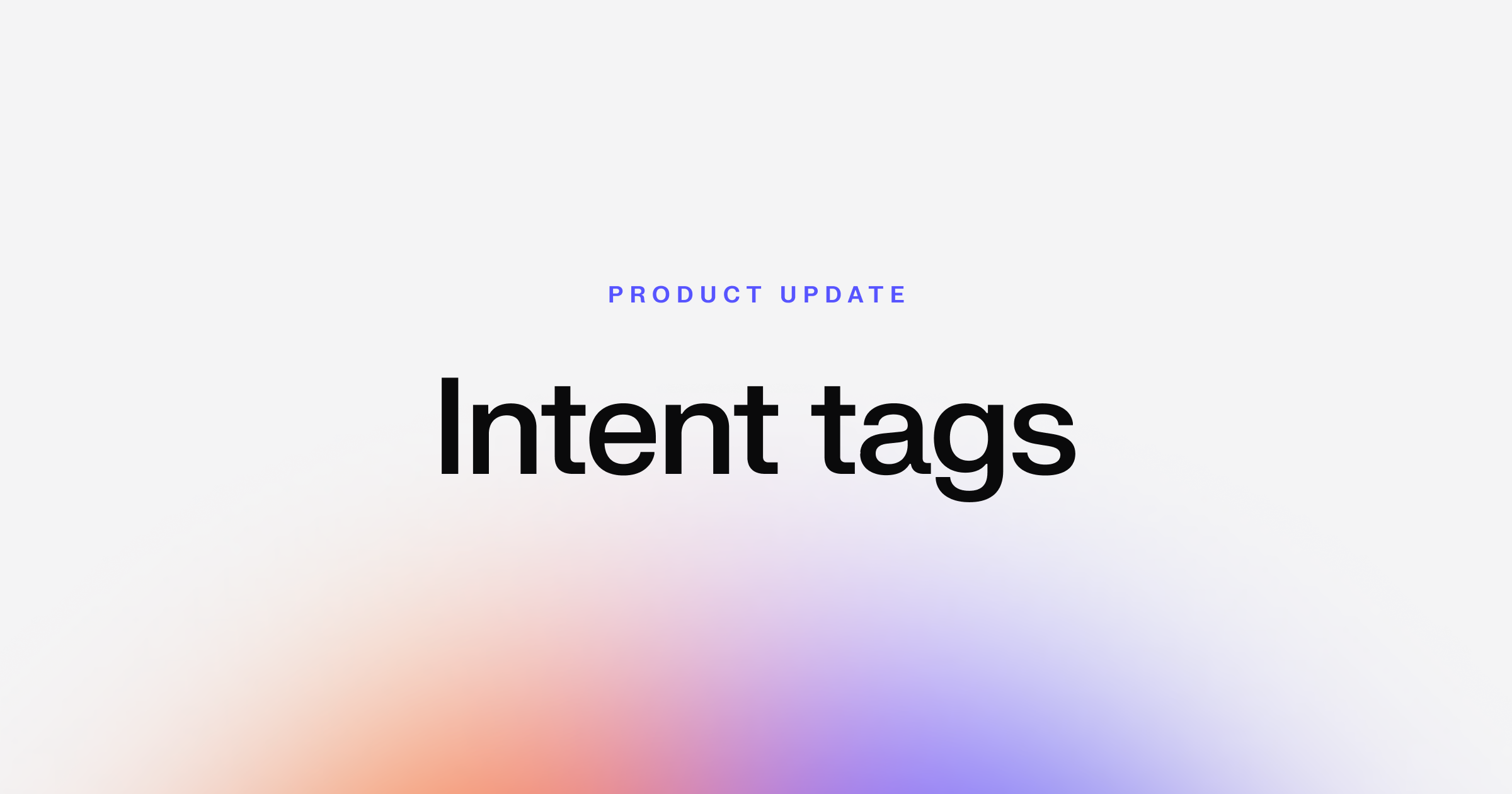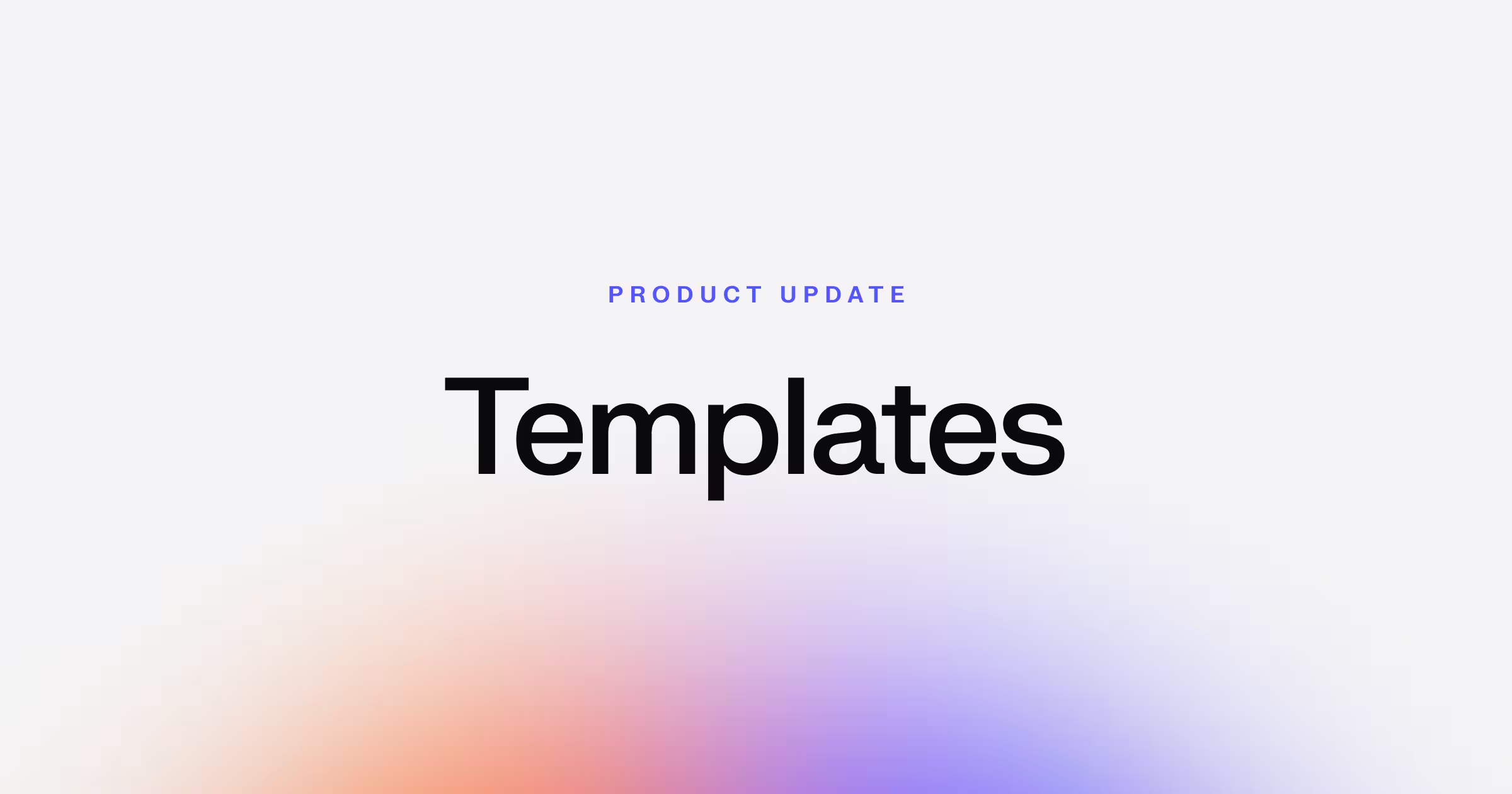Introducing the next generation of Decagon Voice and Decagon University
From Decagon Dialogues comes our biggest launch yet: Voice 2.0, Decagon University, AOP Copilot, and Simulations.

Today, we’re excited to announce the next generation of our voice agents and major expansions to our AI education program, Decagon University. Unveiled at our first-ever Decagon Dialogues, these launches accelerate our mission of helping every brand deliver concierge customer experiences.
Voice remains the most natural and intuitive way for people to communicate: it’s faster than typing, better for conveying context, and fits seamlessly into daily life. With Decagon Voice 2.0, we’re unlocking its full potential. Built with lower latency, fine-grained customization, and shared memory across channels, our voice agents empower companies to deliver conversations that feel effortless, personal, and on-brand.
Preparing teams to thrive in the AI era is just as important as the technology itself. Decagon University was created to equip CX, product, and technical teams with the skills to build AI agents and adapt to the rapid changes AI is driving. We’re now launching new video courses, hands-on training, and certifications, giving every organization a clear path to becoming truly AI-native.
We’re also introducing new features like AOP Copilot and Simulations, which you can read more about below. If you missed Decagon Dialogues, we’ll be back virtually on September 30 with deeper dives into these announcements, along with discussions with industry leaders like Mike Krieger of Anthropic—register to watch below.
Voice 2.0: Faster, smarter, and ready to call
Decagon Voice 2.0 makes conversations more natural than ever before. Latency is now 65% faster, driven by a number of optimizations to our LLMs and infrastructure. These advancements make interactions feel fluid and responsive, eliminating the lag that can disrupt AI-powered customer conversations.
Beyond performance improvements, Voice 2.0 also gives brands intuitive controls to shape how their agents sound and behave. Teams can adjust style, tone, speed, and stability to reflect their unique brand personality, while clear pronunciation of company-specific terms ensures confident delivery of acronyms, product names, and industry terminology.
And with cross-channel memory and native outbound calling, our voice agents extend these capabilities into new proactive engagement opportunities. Brands can unlock use cases like appointment reminders, post-purchase onboarding, and personalized upgrades, connecting with customers wherever they are.
Read more in our deep dive on Decagon Voice 2.0.
Decagon University: Where CX teams become AI leaders
Decagon University equips teams with both AI knowledge and practical experience. Learners start with self-paced learning paths that build a foundation in core AI concepts and agent design. They apply that knowledge by building common real-world use cases in a sandbox environment. Ongoing live trainings from the Decagon team deepen the experience, giving teams regular opportunities to ask questions, refine their approach, and adopt best practices. Together, these elements prepare teams to confidently build, optimize, and scale AI agents in production.
To mark progress along the way, we’re introducing Decagon certifications. Learners earn credentials after each course and can advance toward becoming a certified AI CX Architect. These milestones showcase expertise and signal that teams are ready to lead in the AI era.
Read more in our deep dive on Decagon University.
AOP Copilot: Your AI assistant for building and optimizing AOPs
At Decagon, we reimagined how AI agents are built with Agent Operating Procedures (AOPs). Much like SOPs for human teams, AOPs are structured, natural language instructions that bring reliability and precision to AI workflows. They let CX teams quickly shape agent behavior while giving technical teams control over tools, integrations, and guardrails, making it possible to move fast without sacrificing stability.
AOP Copilot takes this foundation to the next level. Built directly into Decagon’s platform, it turns any prompt—whether a rough idea or a detailed SOP—into a production-ready AOP in seconds. By streamlining the entire journey from first draft to deployment, Copilot helps teams build faster, debug smarter, and scale high-quality AI agents with ease.
Read more in our deep dive on AOP Copilot.
Simulations: How AI agents get tested and trusted
Simulations let teams pressure test AI agents before they ever reach customers. By using AI to generate realistic mock personas, teams can validate whether the AI agent selects the correct AOP, follows business policies, and stays on-brand. Instead of relying solely on static tests with historical conversations, Simulations make it possible to dynamically cover a wide range of scenarios across channels quickly and at scale. The result is greater confidence that agents will perform reliably once they are in production.
Read more in our deep dive on Simulations.
Shaping the future of CX together
With Voice 2.0, Decagon University, AOP Copilot, and Simulations, we’re laying the groundwork for a future where AI agents are central to how organizations operate and how customers are served.
This is only the beginning, and we’re excited to continue shaping the journey alongside our customers and partners. Sign up for the full Decagon Dialogues replay to dive deeper into the announcements and hear perspectives from industry leaders, including Mike Krieger of Anthropic and executives from Chime and Faire.
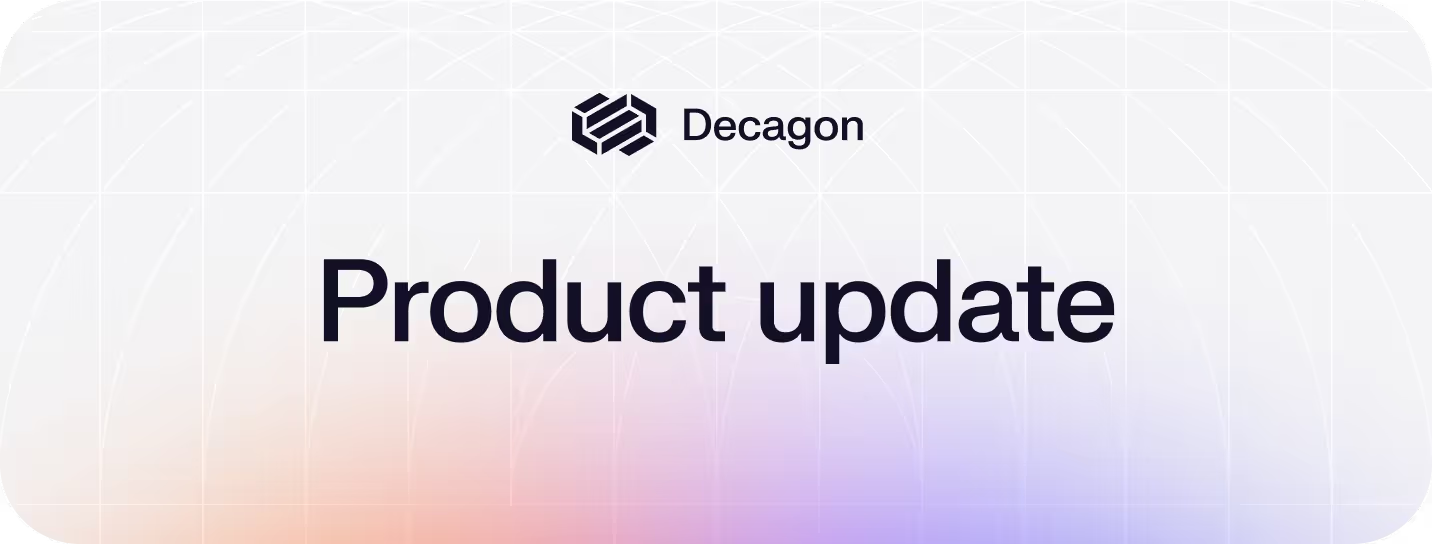
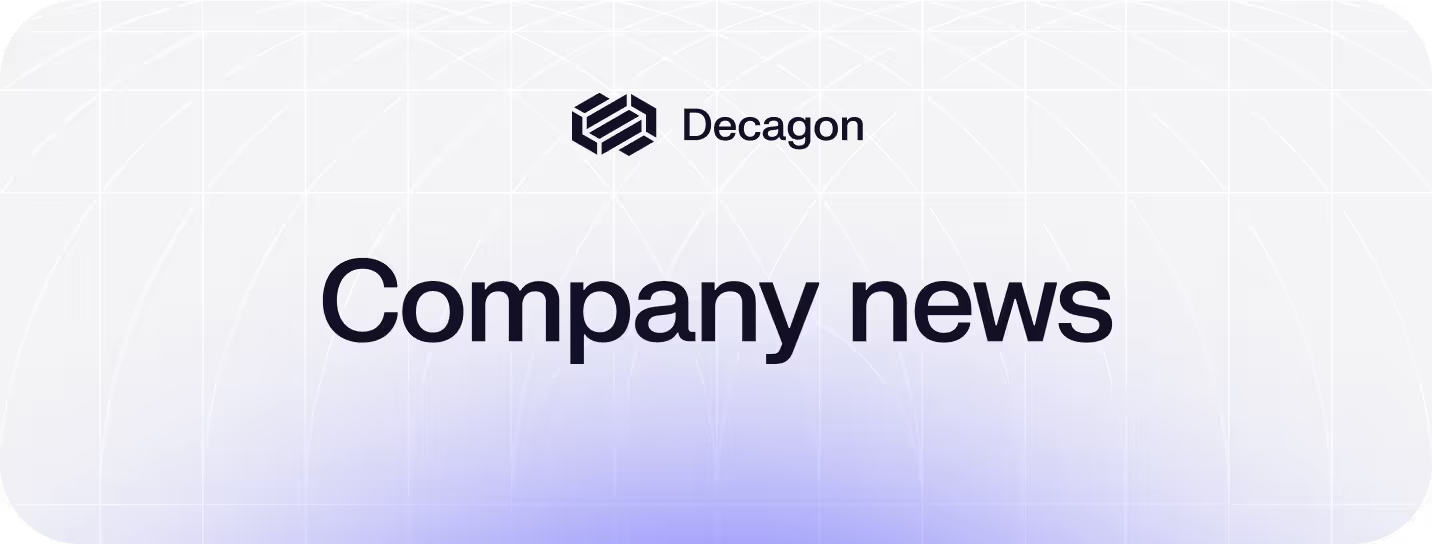
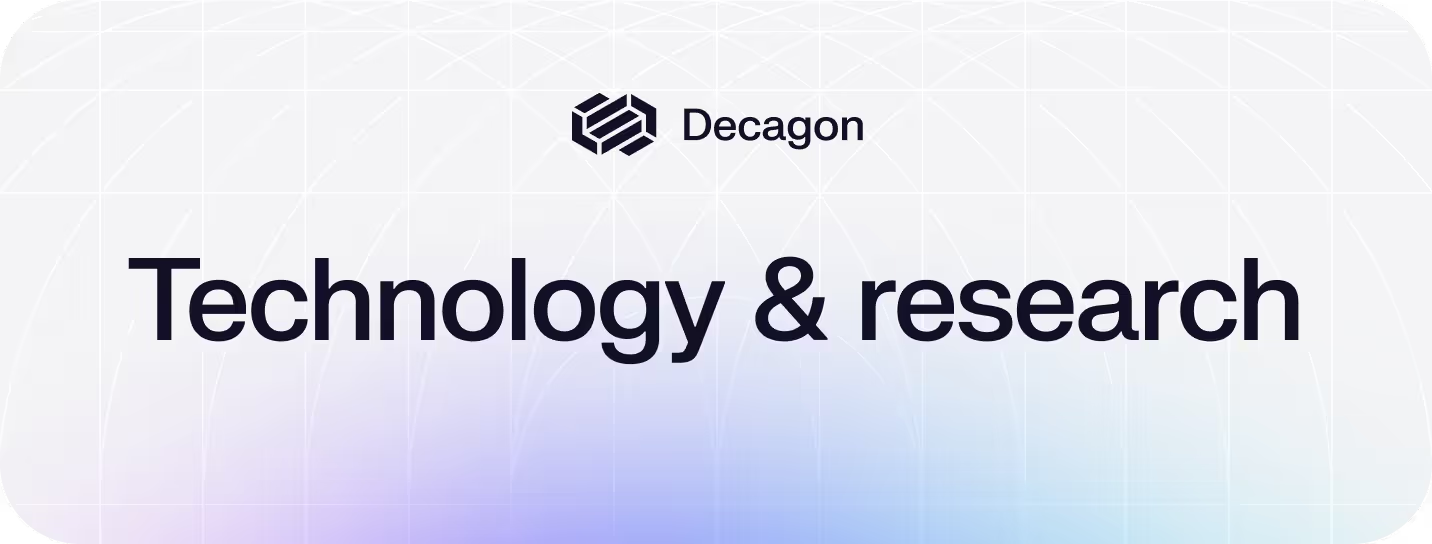
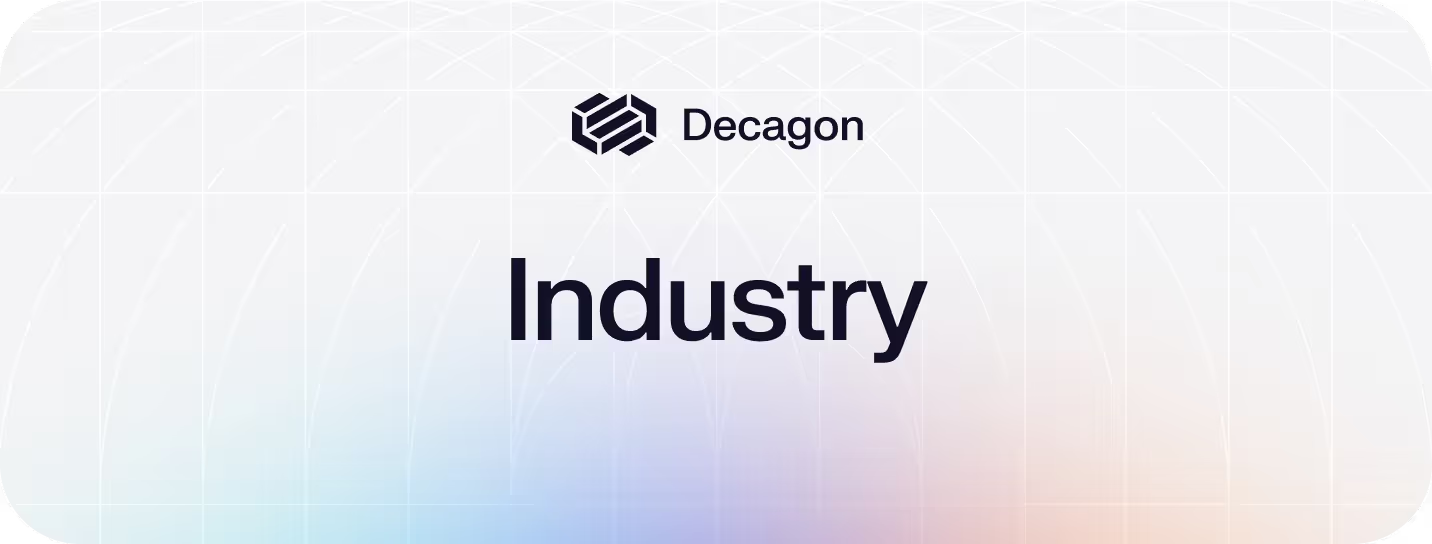
Introducing the next generation of Decagon Voice and Decagon University
September 24, 2025
Today, we’re excited to announce the next generation of our voice agents and major expansions to our AI education program, Decagon University. Unveiled at our first-ever Decagon Dialogues, these launches accelerate our mission of helping every brand deliver concierge customer experiences.
Voice remains the most natural and intuitive way for people to communicate: it’s faster than typing, better for conveying context, and fits seamlessly into daily life. With Decagon Voice 2.0, we’re unlocking its full potential. Built with lower latency, fine-grained customization, and shared memory across channels, our voice agents empower companies to deliver conversations that feel effortless, personal, and on-brand.
Preparing teams to thrive in the AI era is just as important as the technology itself. Decagon University was created to equip CX, product, and technical teams with the skills to build AI agents and adapt to the rapid changes AI is driving. We’re now launching new video courses, hands-on training, and certifications, giving every organization a clear path to becoming truly AI-native.
We’re also introducing new features like AOP Copilot and Simulations, which you can read more about below. If you missed Decagon Dialogues, we’ll be back virtually on September 30 with deeper dives into these announcements, along with discussions with industry leaders like Mike Krieger of Anthropic—register to watch below.
Voice 2.0: Faster, smarter, and ready to call
Decagon Voice 2.0 makes conversations more natural than ever before. Latency is now 65% faster, driven by a number of optimizations to our LLMs and infrastructure. These advancements make interactions feel fluid and responsive, eliminating the lag that can disrupt AI-powered customer conversations.
Beyond performance improvements, Voice 2.0 also gives brands intuitive controls to shape how their agents sound and behave. Teams can adjust style, tone, speed, and stability to reflect their unique brand personality, while clear pronunciation of company-specific terms ensures confident delivery of acronyms, product names, and industry terminology.
And with cross-channel memory and native outbound calling, our voice agents extend these capabilities into new proactive engagement opportunities. Brands can unlock use cases like appointment reminders, post-purchase onboarding, and personalized upgrades, connecting with customers wherever they are.
Read more in our deep dive on Decagon Voice 2.0.
Decagon University: Where CX teams become AI leaders
Decagon University equips teams with both AI knowledge and practical experience. Learners start with self-paced learning paths that build a foundation in core AI concepts and agent design. They apply that knowledge by building common real-world use cases in a sandbox environment. Ongoing live trainings from the Decagon team deepen the experience, giving teams regular opportunities to ask questions, refine their approach, and adopt best practices. Together, these elements prepare teams to confidently build, optimize, and scale AI agents in production.
To mark progress along the way, we’re introducing Decagon certifications. Learners earn credentials after each course and can advance toward becoming a certified AI CX Architect. These milestones showcase expertise and signal that teams are ready to lead in the AI era.
Read more in our deep dive on Decagon University.
AOP Copilot: Your AI assistant for building and optimizing AOPs
At Decagon, we reimagined how AI agents are built with Agent Operating Procedures (AOPs). Much like SOPs for human teams, AOPs are structured, natural language instructions that bring reliability and precision to AI workflows. They let CX teams quickly shape agent behavior while giving technical teams control over tools, integrations, and guardrails, making it possible to move fast without sacrificing stability.
AOP Copilot takes this foundation to the next level. Built directly into Decagon’s platform, it turns any prompt—whether a rough idea or a detailed SOP—into a production-ready AOP in seconds. By streamlining the entire journey from first draft to deployment, Copilot helps teams build faster, debug smarter, and scale high-quality AI agents with ease.
Read more in our deep dive on AOP Copilot.
Simulations: How AI agents get tested and trusted
Simulations let teams pressure test AI agents before they ever reach customers. By using AI to generate realistic mock personas, teams can validate whether the AI agent selects the correct AOP, follows business policies, and stays on-brand. Instead of relying solely on static tests with historical conversations, Simulations make it possible to dynamically cover a wide range of scenarios across channels quickly and at scale. The result is greater confidence that agents will perform reliably once they are in production.
Read more in our deep dive on Simulations.
Shaping the future of CX together
With Voice 2.0, Decagon University, AOP Copilot, and Simulations, we’re laying the groundwork for a future where AI agents are central to how organizations operate and how customers are served.
This is only the beginning, and we’re excited to continue shaping the journey alongside our customers and partners. Sign up for the full Decagon Dialogues replay to dive deeper into the announcements and hear perspectives from industry leaders, including Mike Krieger of Anthropic and executives from Chime and Faire.






